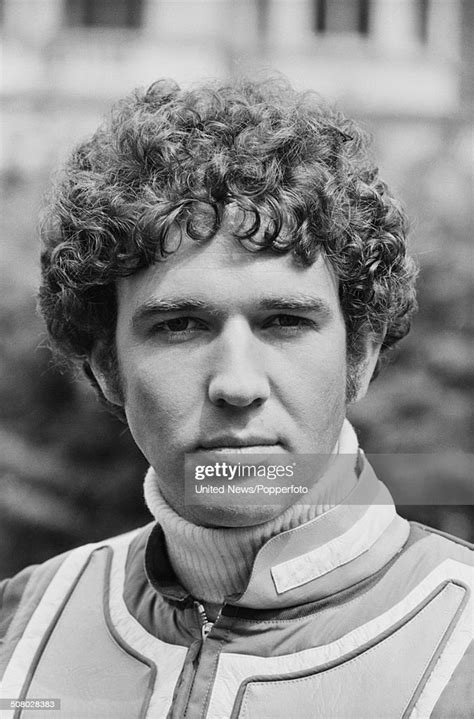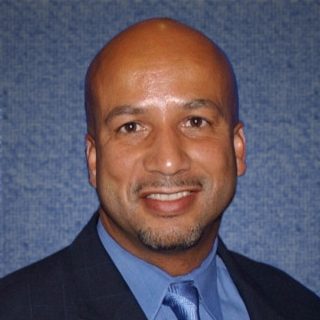A Quote by Steven Pacey
You want a judge who makes objective decisions, and that's why temperament is such an important component of being a judge. You have to earn people's respect, because they know that you are deciding the case based on the facts and the law, not because they're trying to be your friend.
Related Quotes
I'm a common law judge. I believe in deciding every case on its facts, not on a legal philosophy. And I believe in deciding each case in the most limited way possible, because common law judges have a firm belief that the best development of the law is the one that lets society show you the next step, and that next step is in the new facts that each case presents.
People must be confident that a judge's decisions are determined by the law and only the law. He must be faithful to the Constitution and statutes passed by Congress. Fidelity to the Constitution and the law has been the cornerstone of my life and the hallmark of the kind of judge I have tried to be.
There was once a professor of law who said to his students. When you are fighting a case, if you have facts on your side hammer them into the jury, and if you have the law on your side hammer it into the judge. But if you have neither the facts nor the law, asked one of his listeners? Then hammer the hell into the table, answered the professor.
When I became a judge, I stopped being a practicing attorney. And that was a big change in role.The role of a practicing attorney is to achieve a desirable result for the client in the particular case at hand. But a judge can't think that way. A judge can't have any agenda, a judge can't have any preferred outcome in any particular case and a judge certainly doesn't have a client.
There is no quicker way to earn respect as a leader than being slow to speak. It is called listening and it plays a big role in what I call “The Law of Connection.” How will you know what is important to people unless you ask and listen to the answers? If you prove to be a leader who solicits feedback and pays attention to what’s being said, then you will earn your connection and your followers will respect the guidance you give.
In countries like Afghanistan, the corruption is in your face. In Nigeria, I heard of judges making sex the bargaining chip rather than money. Now let's put that in the context of an honor-based society. Imagine that you're the brother of a woman who got raped by a judge to have her case heard in court. What do you want to do? You want to kill the judge. So here is an insurgent movement that hands you a gun. You have rage, and they give you an outlet for your rage.

































